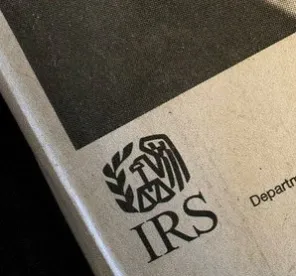California legislators have recently introduced a bill, AB 1270, that would amend the False Claims Act (Act) to strike the tax bar. As introduced, the bill would amend the existing false claims statute in the state of California to expressly authorize tax-related false claims actions against a person whose reported taxable income, net income, or sales totaled $500,000 or more in to which the claim pertained, and the damages pleaded in the action total $200,000 or more. Also, “[t]he bill would authorize the Attorney General or the prosecuting authority, but not the qui tam plaintiff, to obtain otherwise confidential records relating to taxes, fees, or other obligations under the Revenue and Taxation Code. The bill would prohibit the disclosure of federal tax information to the Attorney General or the prosecuting authority without authorization from the Internal Revenue Service.”
Under current California law, those making false or fraudulent claims to state or local governments can be liable to the state or locality for treble damages, including consequential damages, attorneys’ fees and a civil penalty of between $5,500 and $11,000 for each violation. The False Claims Act does not apply to claims made under the Revenue and Taxation Code.
In addition to repealing the exception for false claims made under the Revenue and Taxation code, the bill would expand the definition of “prosecuting authority” to include “counsel retained by a political subdivision to act on its behalf.” This opens a wide door to the use of contingent fee “bounty hunters” by localities for the prosecution of false tax claims. The bill makes no provision for review of the allegedly false tax claims by any of the governmental agencies charged with interpretation of the Revenue and Tax Code, such as the Franchise Tax Board or the California Department of Tax and Fee Administration.
As we have seen in jurisdictions like New York and Illinois, opening the door to tax-related false claims can lead to significant headaches for taxpayers and usurp the authority of the state tax agency by involving profit-motivated private parties and the state Attorney General in tax enforcement decisions. Allowing private parties to intervene in the administration, interpretation or enforcement of the tax law commandeers the authority of the tax agency, compounded by the use by local governments of contingent-fee outside attorneys, creates uncertainty and can result in inequitable tax treatment. While many other problems exist with application of false claims to tax matters, those issues are beyond the scope of this blog.






 />i
/>i
